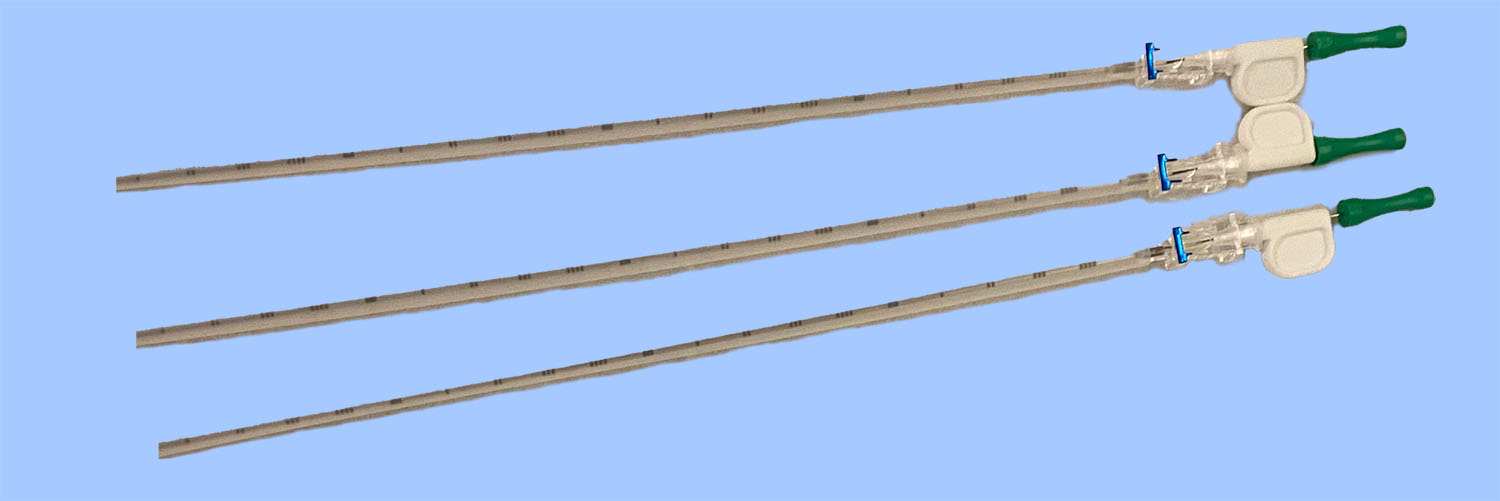Fiducial Markers for Radiation Therapy
Fiducial markers are small metal objects about the size of a grain of rice. They help your radiation therapist get you in the right position each day for treatment. These markers make sure your radiation therapy is being given to the right part of your body. Fiducial markers are placed into your soft tissue. They are placed days or weeks before you start your radiation therapy and are never removed.
When are fiducial markers used?
Fiducial markers may be used if you are getting radiation to your:
- Prostate.
- Lung or chest wall.
- Liver, gallbladder, kidney, or pancreas.
- Head & neck.
How should I prepare for fiducial marker placement?
Your prep will depend on where your fiducial markers are being placed. You may need to:
- Stop taking certain medications, like aspirin, ibuprofen, steroids, vitamin E, or blood thinners. Make sure your provider is aware of all medications and supplements you are taking.
- Do an enema to clean out your bowels the morning of your procedure.
- Take an antibiotic to prevent infection.
- Eat and drink like normal on the day of your procedure.
What happens on the day of my procedure?
You will be asked to lie on a table. A nurse will watch your heart rate, blood pressure, oxygen levels, and pulse. In some cases, you may get an intravenous line (IV, into a vein) for medication that will make you sleepy or help you relax. You may also be given antibiotics before your procedure. A numbing gel or shot may be given to numb and lessen any pain during the procedure. This will depend on where your fiducial markers are being placed.
The placement of the fiducial markers is often guided by either computed tomography (CT) or ultrasound (US). In some cases, an endoscope, a flexible device with a light, is used to see better. The type of imaging used depends on the type and place of your tumor.
The fiducial markers are put into place using a tool that looks like a needle. The needles are placed through your skin and into your tumor. You may feel pressure when the needles are being placed. The markers are inside the needle and are pushed into place using image guidance (CT or US). After each marker has been put into place, the needle is removed. Your provider will let you know how many markers you had placed after your procedure. The number of markers depends on the type and place of your tumor.
A small bandage or band-aid will be used on your skin where the needles were put in. Placement is often done as an outpatient procedure so you can go home that day. You will need to have someone drive you home. The procedure will take about an hour. Placement of fiducial markers can vary depending on your cancer center, but your provider will go over the details with you before your procedure.
What can I expect after my procedure?
After the procedure, it is normal to be sore for a few days in the area where the needles were put in. In most cases, you can take off the bandage the next day and shower or bathe like normal.
Call your provider if you:
- Have a fever (your provider will tell you at what temperature to call).
- Feel dizzy.
- Have chills.
- Have heavy bleeding.
- Are having a hard time passing urine.
- See bright red blood clots in your urine.
If you have any new or worsening pain, call your provider right away.
